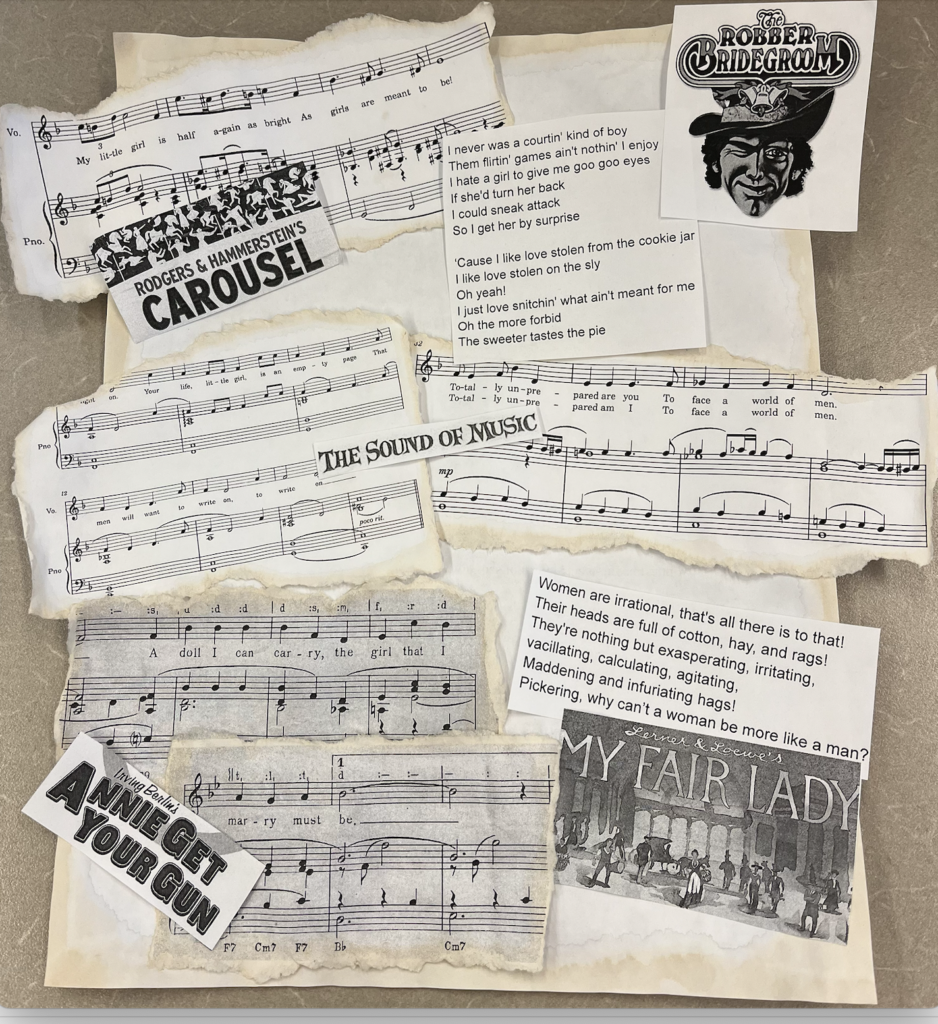
It’s no secret that Broadway has long been rooted in a culture of sexism. Many beloved musicals contain sexist lyrics. “Why can’t a woman be more like a man?” from My Fair Lady is a classic case in point along with others depicted above. Plots often center around the typically aesthetic transformation of a woman to achieve the acceptance of a man.


While Broadway has been making strides to be more inclusive, it consists of many revivals, or reproductions of old shows, which contain the same sexist messaging. These revivals have recently prompted popular debate as to if the shows should be altered, or if they should be revived at all.
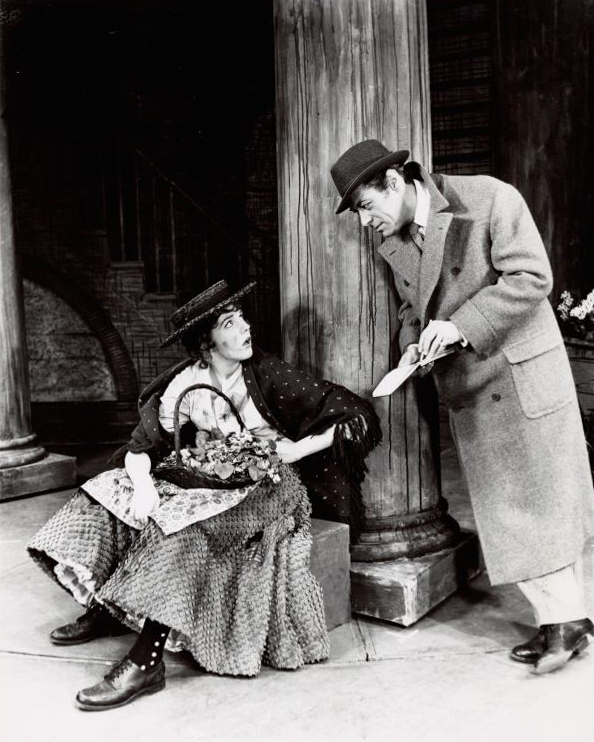
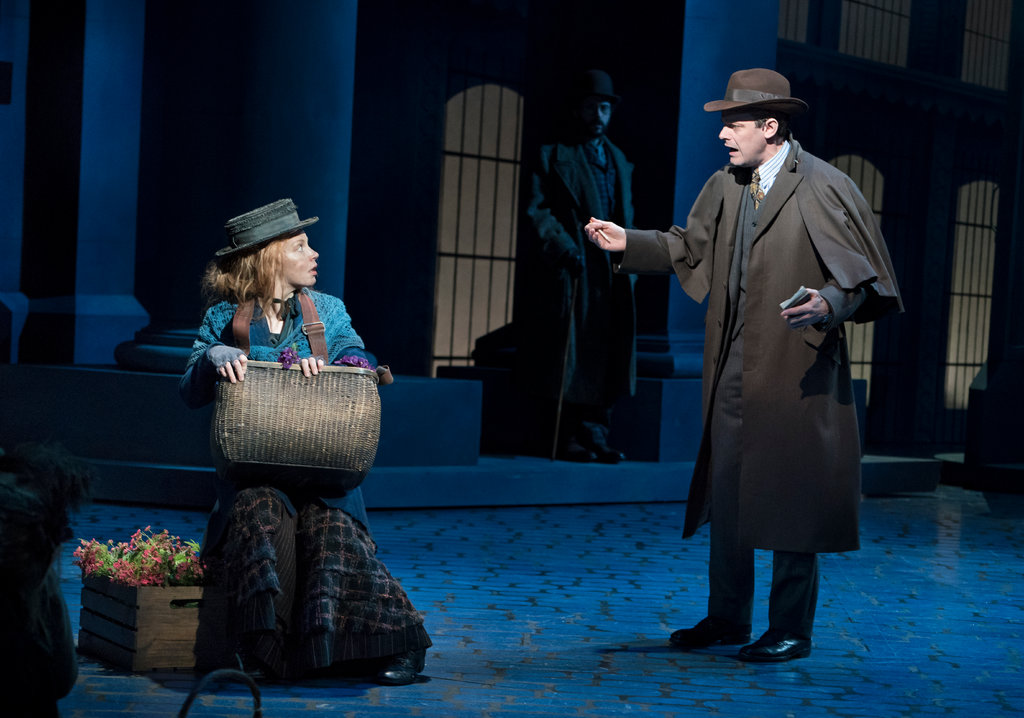
“A World of Men” – The Sound of Music
Theatre is created by men. During the 2016-2017 Broadway season, only six productions out of approximately thirty in total were directed by women (Playbill 2017). With so many men on the creative side of the theatrical process, it’s no wonder that authentic female characters are so rarely represented. Composer and lyricist Georgia Stitt remarks upon “the real scarcity of women on the creative teams” of the current revivals of shows “where women have no agency (Sheppard 2022).” Just a coincidence? Not quite.
The most common piece of advice writers receive is “write what you know.” Writers are encouraged to draw from their personal experiences as inspiration for their work. Imitation is key: in their work, writers incorporate the same types of interactions and feelings towards others that they feel and believe in themselves (Wilshire 1984). Ideally, this allows the audience to understand and relate to the interactions between characters because they are watching that with which they are familiar. So when men use their own perspective to create a show, they impress their view of men and women upon its stories and characters. As individuals who benefit from the patriarchy and who cannot identify with those being discriminated against, men are more prone to taking a sexist view.
“We’ve Got Foibles and Fables to Portray” – Pippin
So what effect are these revivals having on audiences today? Music has the unique ability to communicate the identity and the emotions of the characters in the story in a way that affects the audience like nothing else (Roy and Dowd 2010). Therefore, subconsciously, the audience internalizes the messages sent by the musical and shapes their perception of reality. For example, repeated exposure to power dynamics in which men are the attackers and women are the victims reinforces the subordination of women to the audience (Bussey and Bandura 1999). So when the lead in “Carousel”tells her daughter that “It is possible dear, for someone to hit you, hit you hard, and it not hurt at all” or a singing Nazi in “The Sound of Music” tells a girl only a year younger that she is completely unprepared for the world to which she responds “I need someone… telling me what to do,” the audience’s perceptions of gender are being shaped. Composer Georgia Stitt asks “Are these the shows I’m going to take my 12-year-old daughter to?” (Sheppard 2022).
“It’s the Little Things” – Company
Not all revivals reproduce the original show lyric for lyric. Aware of the outdated language and stereotypes, some seek to alter the original text. In the 2021 revival of “Company,” for example, one simple alteration is made to great effect. The lead character, a “typical male bachelor,” is changed into a woman, in an effort by director Marrianne Elliot to actively confront her audience’s notions of gender stereotypes. Critic Walter Kerr wrote that in doing so, “Company” stares modern “society straight in the eye before spitting in it (Rubel 2021).” This demonstrates how some shows can purposefully set out to socially impact their audience by subverting assumptions about gender roles” (Rubel 2021). By changing the gender of the protagonist, Elliot allowed for the brilliant music to live on while deliberately making strides towards gender equality.
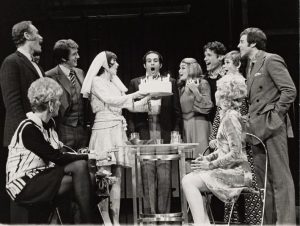
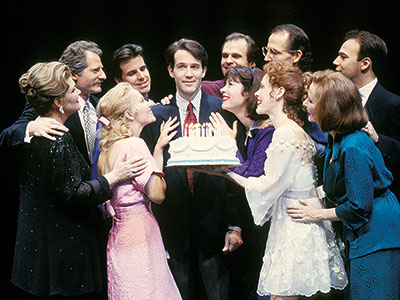

Sources
Bussey, Kay and Albert Bandura. 1999. “Social Cognitive Theory of Gender Development and Differentiation.” Psychological Review 106(4):676–713.
Sheppard, W. Anthony. 2022. Sondheim in Our Time and His. New York, NY: Oxford University Press.
Playbill 2016. Why Broadway Has Too Few Female Directors- and Why It Needs More.” New York City, New York: Playbill. Retrieved October 10, 2022 (https://playbill.com/article/why-broadway-has-too-few-female-directorsand-why-it-needs-more).
Roy, William G., and Timothy J. Dowd. 2010. “What Is Sociological about Music?” Annual Review of Sociology 36(1):183–203.
Rubel, Jeffrey. 2022. “‘You Never Need an Analyst with Bobby Around’: The Mid-20th-Century Human Sciences in Sondheim and Furth’s Musical.” History of the Human Sciences 35(3-4):168-192.
Wilshire, Bruce. 1984. “Role Playing and Identity: The Limits of Theatre as a Metaphor.” American Journal of Sociology 89(6): 1476-78.